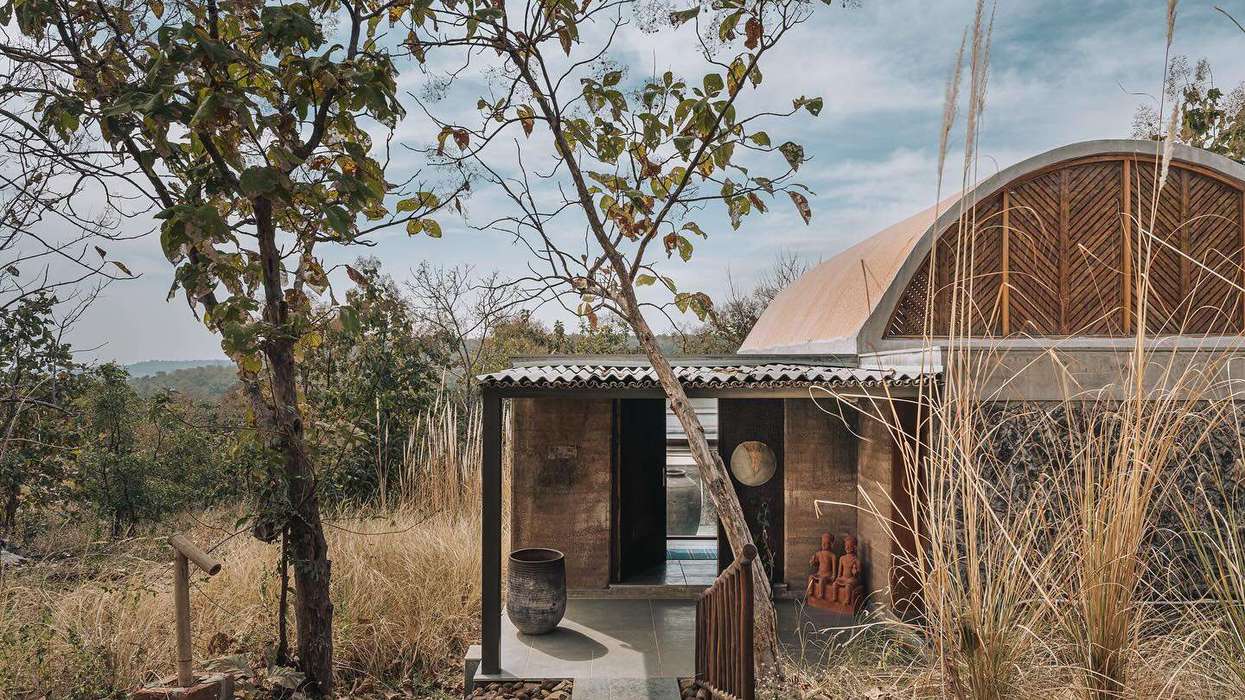U.S. Tourism Spending Decline 2025: Key Factors and Impacts
U.S. TOURISM SPENDING is presently lagging behind 2023 and 2024 levels, which were boosted by strong post-pandemic travel demand, according to Bank of America credit and debit card data. The bank’s data showed a decline in lodging, tourism and airline spending.
Bank of America’s report, “Yellow light for travel: US domestic tourism taps the brakes,” found that through March 22, lodging and tourism-related services were down about 2.5 percent from last year, while airline spending dropped roughly 6 percent.
Poor weather, a late Easter and weak consumer confidence may be contributing to the slowdown, the report said. However, Bank of America analysts remain cautiously optimistic, noting that softer travel spending may signal a “yellow light” rather than a “red,” as households grow more hesitant to plan major trips in the near term.
Lodging spending is typically lower in winter and may have been further hit by cold weather disruptions, Bank of America said. Higher-income households may also be favoring international over domestic travel. Meanwhile, this could be “worrying” if reduced air travel signals broader cutbacks in travel spending, including lodging.
Bank of America reported that in-person overseas credit and debit card spending rose 2.6 percent year over year in January and February 2025. Easter falls later this year compared to 2023 and 2024, which may be delaying spring break plans and related travel spending. Analysts saw signs of a delayed uptick in weekly lodging and tourism spending in March.
The modest pullback isn’t uniform across income groups or destinations, the report found. Lower-income households are cutting travel budgets the most, reflecting weaker after-tax wage growth for this group.
Bank of America gauged changes in domestic travel partly by tracking households making in-person transactions over 500 miles from home. By this measure, New York, Nevada and Texas saw fewer visits in January and February compared to a year earlier. New York, for example, had an 8 percent drop in out-of-state visitors from early 2024.
Trade tensions between the U.S. and Canada are also affecting tourism, with a 23 percent year-over-year drop in Canadians driving to the U.S. in February—the second consecutive monthly decline and only the second since March 2021.






